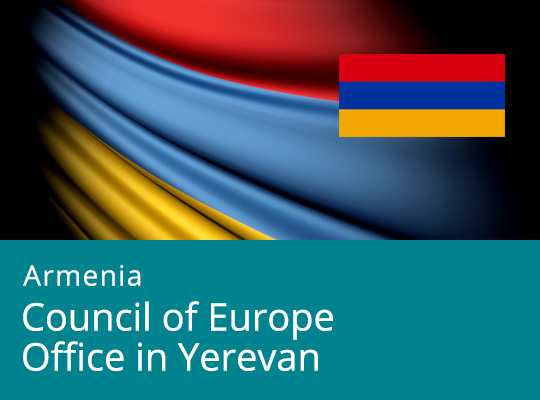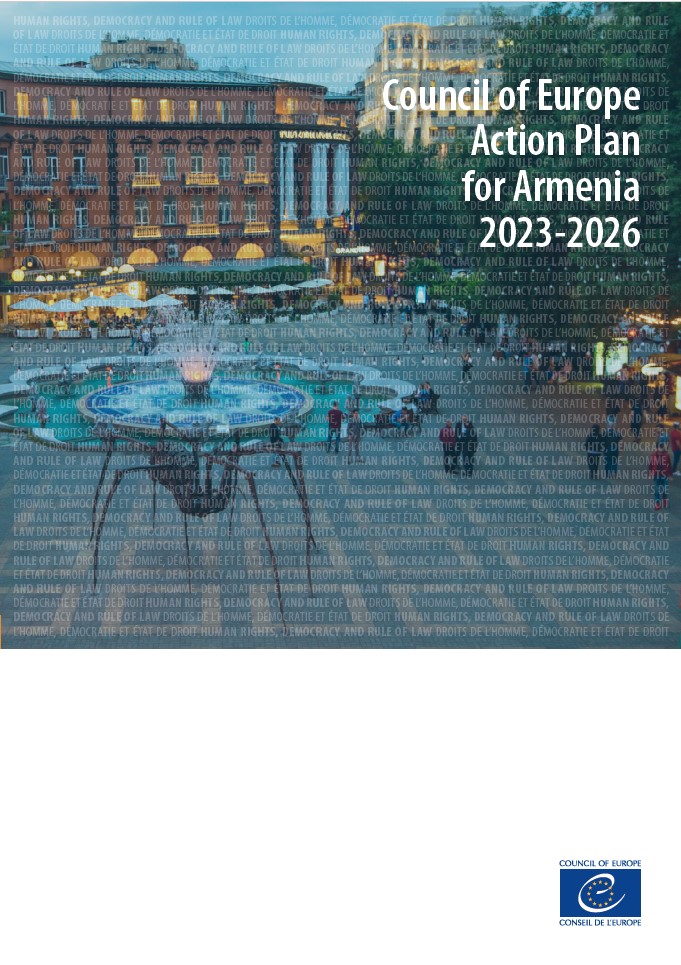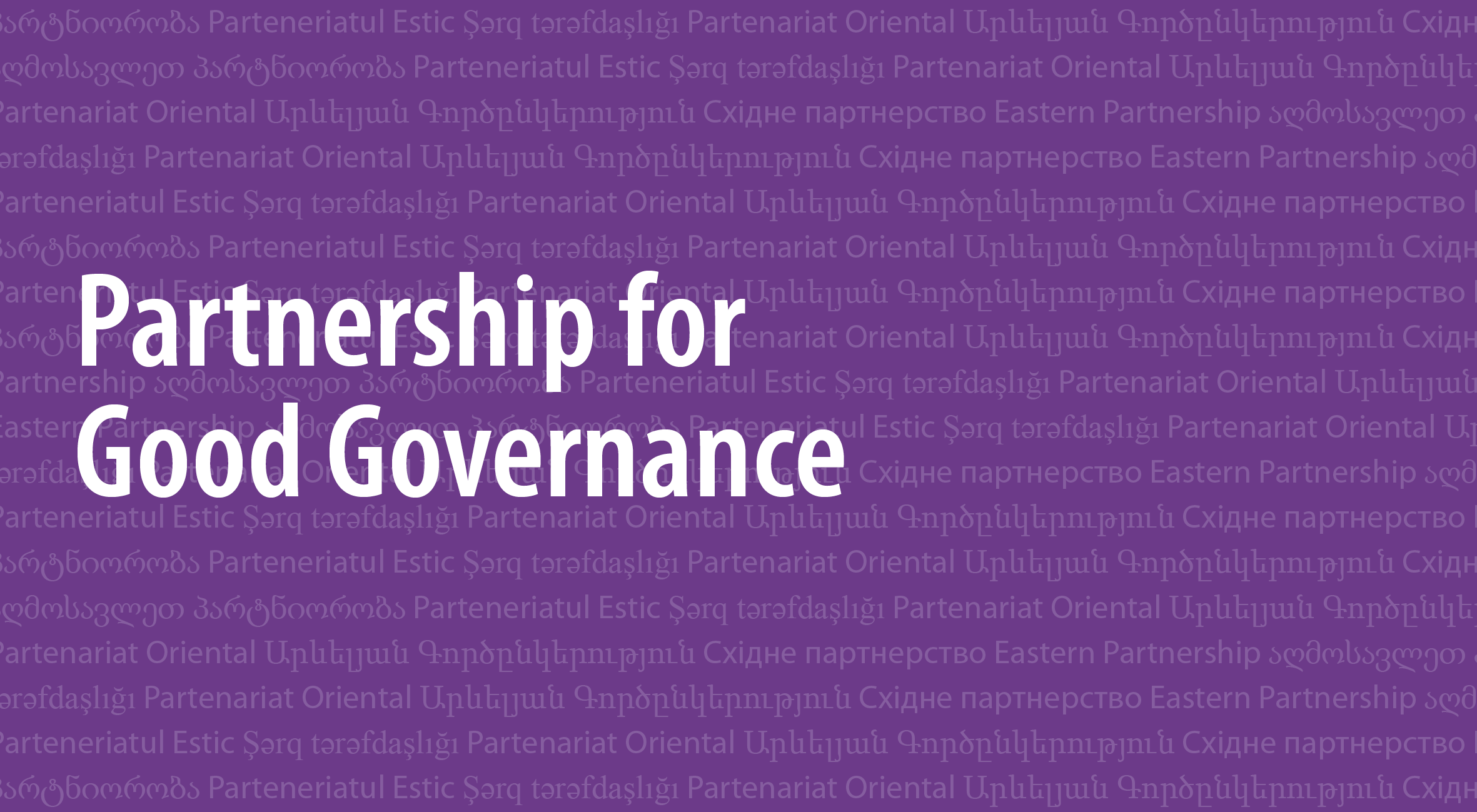The relevance of promoting public dialogue on healthcare issues was demonstrated during the public health crisis created by COVID-19, as well as conflict situation faced by Armenia in 2020, when challenges on ethics and human rights in the field of health were various. Trust between the members of the society on the one hand and the decision makers in the field of health on the other hand, can be achieved through promotion of a dialogue. The issue of trust in doctor-patient relationship is very important in making informed decisions. The Council of Europe continues to actively work with the national counterparts and stakeholders in the field to promote the public dialogue on healthcare issues.
On 8-9 June 2024, the Council of Europe Office in Yerevan organized a two-day workshop on public debate for the representatives of the Ministry of Health, Ministry of Labour and Social Affairs, Human Rights Defender’s Office, Yerevan Municipality, National Institute of Health of the Republic of Armenia, Yerevan State Medical University, different medical associations as well as relevant healthcare professionals in Tsaghkadzor, Armenia. Around 35 professionals who are engaged in communication with the public in the frontline raised their awareness on importance of public debate and strengthened their public speaking skills to promote the dialogue with the public on the challenges and policy developments in the field of healthcare in Armenia.
The capacity-building was organized based on the Council of Europe Guide to “Public Debate on Human Rights and Biomedicine” adopted by the Steering Committee for Human Rights in the fields of Biomedicine and Health in November 2019.
The opening remarks of the workshop were delivered by Laurence Lwoff, the Head of Human Rights and Biomedicine Division of the Council of Europe who emphasized that everyone shares responsibility in promoting public dialogue on health and highlighted the importance of a dialogue not only between the public and the policy makers in the field of health, but also between professionals themselves, including healthcare and legal professionals in building trust and helping informed decision making.
The need for this capacity-building was also dictated by the signature of the Oviedo Convention by the Republic of Armenia in May 2024, which is the only internationally legally binding instrument for the protection of human rights in the field of health. Thus, participants of the workshop were debating around the principles of the Oviedo Convention, such as the right to information, medical secret and confidentiality, right to private life, as well as around organ transplantation, reproductive health rights and sex selection, access to genetic information, etc. which aimed at advancing discussions and dialogue about the Convention among stakeholders and the broader public.
The capacity-building workshop was organised by the Council of Europe Project on “Protection of Human Rights in Biomedicine II” implemented within the Council of Europe Action Plan for Armenia 2023-2026.








